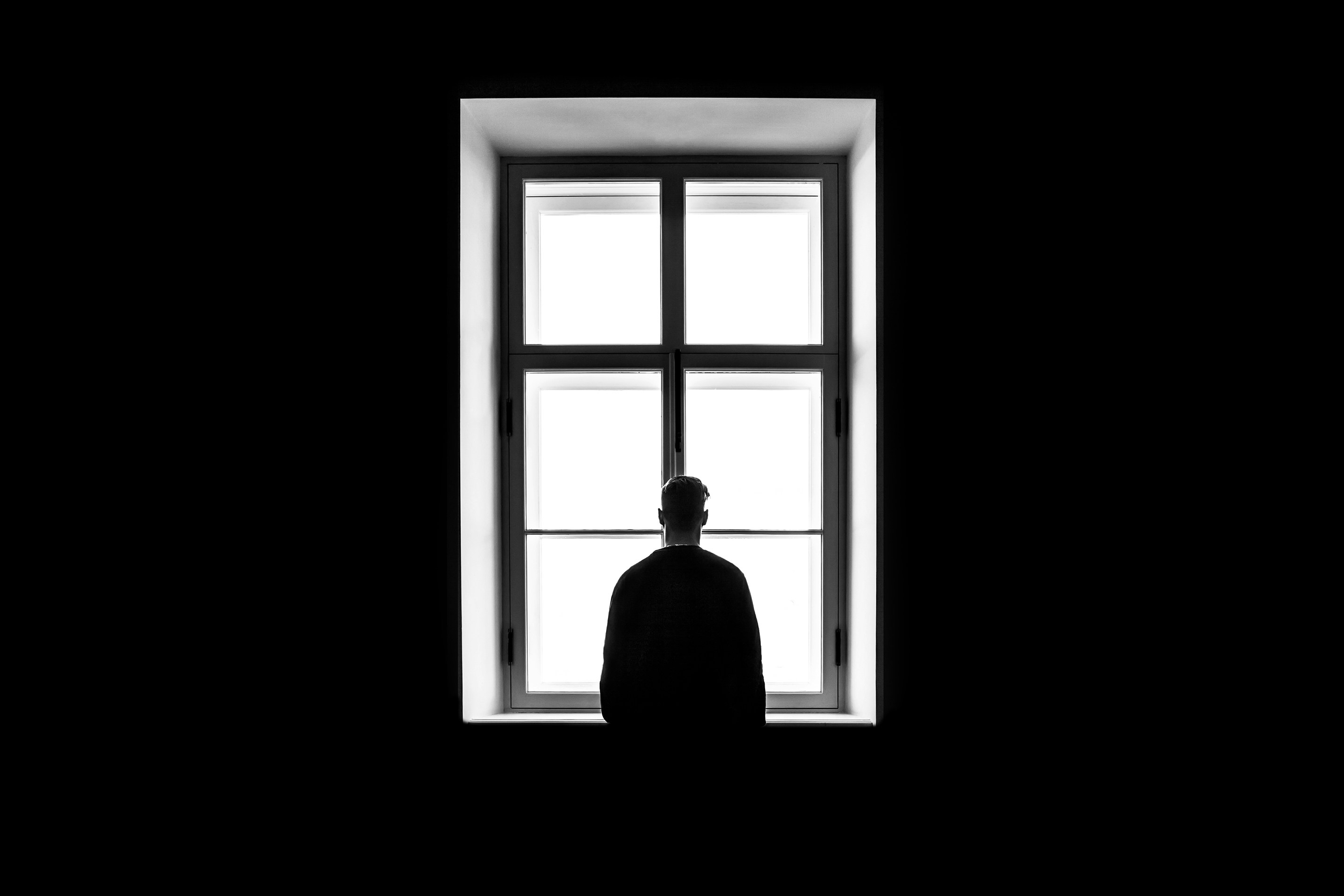People rely on faith to get them through the difficult times of their lives. Religion gives people support in many ways, beginning with the sense of religious community which gives people a sense of belonging. This religious community also gives people an important source of social support. Religion also gives people’s lives meaning, purpose, direction, and it also encourages them to live healthier lifestyles.
Religion at its core is a practice that hopefully helps people to achieve the goals of salvation for themselves and for others. Through following the tenets, and the direction of the lead deity ascribed to a particular faith, the hope is that a person can find a sense of direction for their lives. For people who seek a career within this religious backdrop, things are a bit tougher now than ever before. Below are a few reasons why a career in religion Is more challenging now than ever.
Life is More Information-Saturated

Life continues to evolve into something which isn’t as simple as it was before. For example, we live in a time where news is available 24 hours a day, and 7 days a week. There was once a time where the only news which you received was from the newspaper, and it wasn’t around the clock. We carry devices in our pockets (cell phones) which allows massive amounts of data to vie for our attention on a minute by minute basis. This can include silly cat videos, the latest trailer for a movie that we’ll want to see, or the aforementioned 24/7 news cycle which assaults our senses on the regular.
Knowledge and information are at our fingertips, wherever we look. And that’s not a problem, as long as we understand what’s actually factual information, and what’s not. The downside of being inundated with such a massive amount of information is that sometimes we are led down a misinformed path. The upside is that having access to such useful information can help us to better learn about the world around us.
As this information saturation occurs, people find less of a reason to need the direction of religion. They might feel that they have all of the answers which are needed to find some sense of peace and direction in their lives. In the case of someone like a pastor, or another member of the clergy, this might come as a challenge to their career. Ultimately though, one person is not the sole guiding light for someone who is trying to make sense of life.
In the search of finding direction on a spiritual level, the hope is that a person will be able to balance the advice/ teachings from a clergy member along with what they’ve encountered through their own research. In cases like this, being inundated with information is not a bad thing. It should cause a person to ask their clergy members questions in the hopes of finding direction with matters of faith.
A person can’t stand apart from the information which surrounds them. Say if there’s an immediate need to locate much needed financial advice for millennials, then doing an immediate search on the internet might be a good choice. If you’re needing more spiritual direction on this topic of handling your finances, then you should follow up with a priest or pastor.
What clergy members are finding is that rather than being sought out to make sense of the constant barrage of information, and how it relates to a person’s faith, those same parishioners aren’t seeking out their assistance. The information which they are receiving, they feel, is enough to make sense of their place in the world. This makes a career for a clergy member that more challenging because the number of people which they are counseling is lessened.
Finding the Balance Between Profit, People, and Faith

As a company owner whose business specializes in faith and religion, finding the balance between profit, people, and your faith can be a bit taxing. Let’s begin with a basic fact. You are running a business. Whether you are selling Christian-themed books, producing clergy robes, or even running a restaurant that adheres to the tenets of your faith, at the end of the day you are running a business that needs to make money.
You have to ensure that you make a profit so that you can keep your doors open, bills paid, and also keep your employee’s salaries intact. This is the people part of the equation. You want to ensure that you are doing right by your employees because they are the lifeblood of your business. They come first and foremost because you need them to survive.
As you try to find a balance between your faith and business practices many questions arise. Are you doing your best to ensure that, as a business person, that you are living up to the excellence inspired ideals of your faith? Are you living sin-free as you perform the duties of a business owner? Can you maintain your desire to exceed in the profit arena, while being humble as your religion desires you to be? You might find yourself wondering, should prayer be a larger part of your day, or should seek out the next payday overstep that? As a Christian, do you show grace to a manager who is problematic on a variety of fronts, or do you simply fire him?
For those people who don’t follow a particular faith, these are questions that quite honestly don’t crop up from time to time. This makes a career in a religion-focused business a bit more complex for business owners who are following the faith which they are in a way selling.
Loneliness and Depression

“It’s lonely at the top.” The higher you rise in rank in any occupation, the more isolated people feel that they are. Executives speak on this regularly, feeling that they aren’t surrounded by people who understand what it’s like to be in their position. If they do find those people who empathize with them, there’s always the question of whether they are truly there for them or the opportunities which they present.
This can be said for people in religious careers. A clergy member might find themselves trying to figure out the in’s and out’s of spreading the gospel for his or her flock, while on his or her own dealing with how to get through a midlife crisis. For some people in this position, there is this overriding pressure for them to handle such things on their own. People on the outside see this person as being an expert in knowing the word of God, and without any faults or issues. This can leave a person feeling very isolated, and creating a much challenging environment now more than ever.
With loneliness who can you confide in when complaints up the chain of command? Who can you call on when you have doubts about whether your word is getting through to people? Top clergy members (and even heads of religious-based businesses and non-profits) find it difficult to discuss such challenges with other people within their purview.
As a result, depression can become an offshoot of loneliness. This psychological ailment has become very pervasive in the pastoral ministry. It helps to have someone that you can confide in when things get too much at the top of the higher rungs of a religious career.











